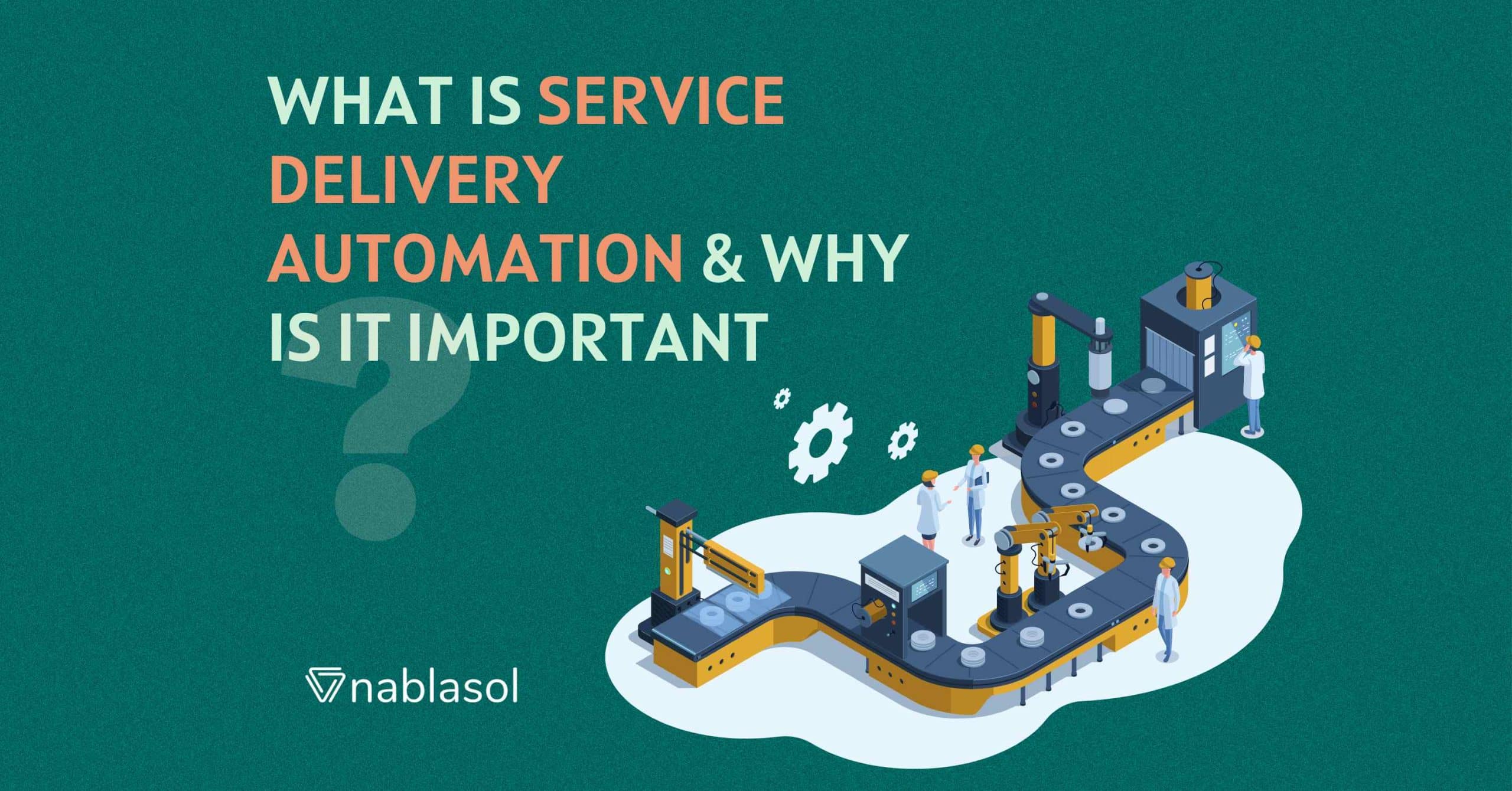What is CRM Customization?
CRM customization means adjusting or adding features in CRM tools to match how a particular business operates. It’s like creating a personalized plan to improve sales and operational efficiency. In CRM, various features are prebaked, like Lead Management, Module management, View customization, Creation of tables and views, etc.
Customizations are required to shape these preexisting features according to client requirements so that they can utilize them to the fullest extent. However, Some features that CRM lacks can be built from the ground up using code and clicks.
Levels of Customization in CRM:
- Basic: Simple changes like word adjustments and list modifications. Users can personalize their interfaces to suit their preferences.
- Mid-Level: More intricate options allow for workflows, specific forms, and minor coding.
- Advanced: Requires expert intervention to make significant changes using source code, demanding extensive testing and analysis.
Difference between CRM Customization and Migration –
CRM customization involves tailoring a CRM (Customer Relationship Management) system to fit a company’s specific needs. This can include modifying features, adding new functionalities, or changing the interface to align with unique business processes. It’s like adjusting the layout and options of a tool to suit your preferences.
On the other hand, CRM migration refers to the process of moving data, configurations, and sometimes even the entire CRM system from one platform to another. It’s akin to relocating all your belongings from one house to another, ensuring everything is safely transferred and organized in the new space. Read more about the Benefits of CRM Migration.
Critical Areas for CRM Customization:
- Data Fields and Layouts: Designing fields to capture relevant CRM information.
- Workflows and Automation: Tailoring workflows to mirror sales and marketing processes.
- Reports and Dashboards: Customizing these elements for in-depth analytics.
- Integration with Other Systems: Enabling smooth data exchange between CRM and other tools.
- User Interface and Access Control: Ensuring a branded look and data security within CRM platforms.
Encouraging User Adoption:
For successful implementation, unanimous agreement and usage among all users is crucial. Aligning the interface with daily tasks boosts user adoption, improving productivity and reliability in CRM usage. Learn more about CRM Implementation and the essential elements to focus on.
Benefits of CRM Customization:
Customizing CRM brings various benefits, including targeted marketing, streamlined sales processes, efficient customer service, and an organizational identity aligned with customer needs.
Conclusion:
Choosing a CRM vendor that suits your business needs is essential. CRM customization is a luxury and a strategic requirement to align systems with unique workflows, driving efficiency and customer-centric insights. Clear C2 offers tailored CRM solutions without outsourcing, ensuring a seamless fit for evolving business requirements and ongoing support.
At Nablasol, We aim to make your business known for customer service using a robust CRM that works seamlessly with your business workflow. As a priority, all our management teams, project teams, and support engineers put customer service at the centre of their job responsibilities.



